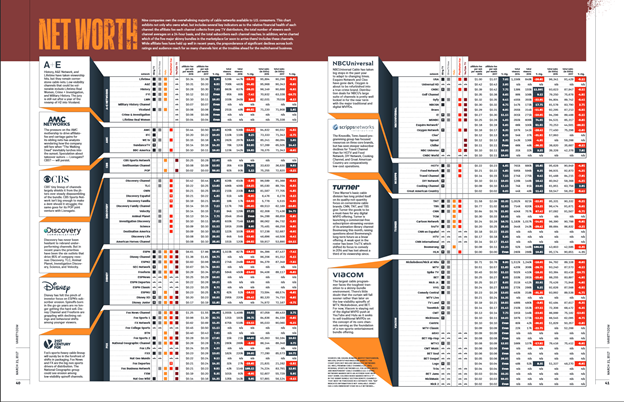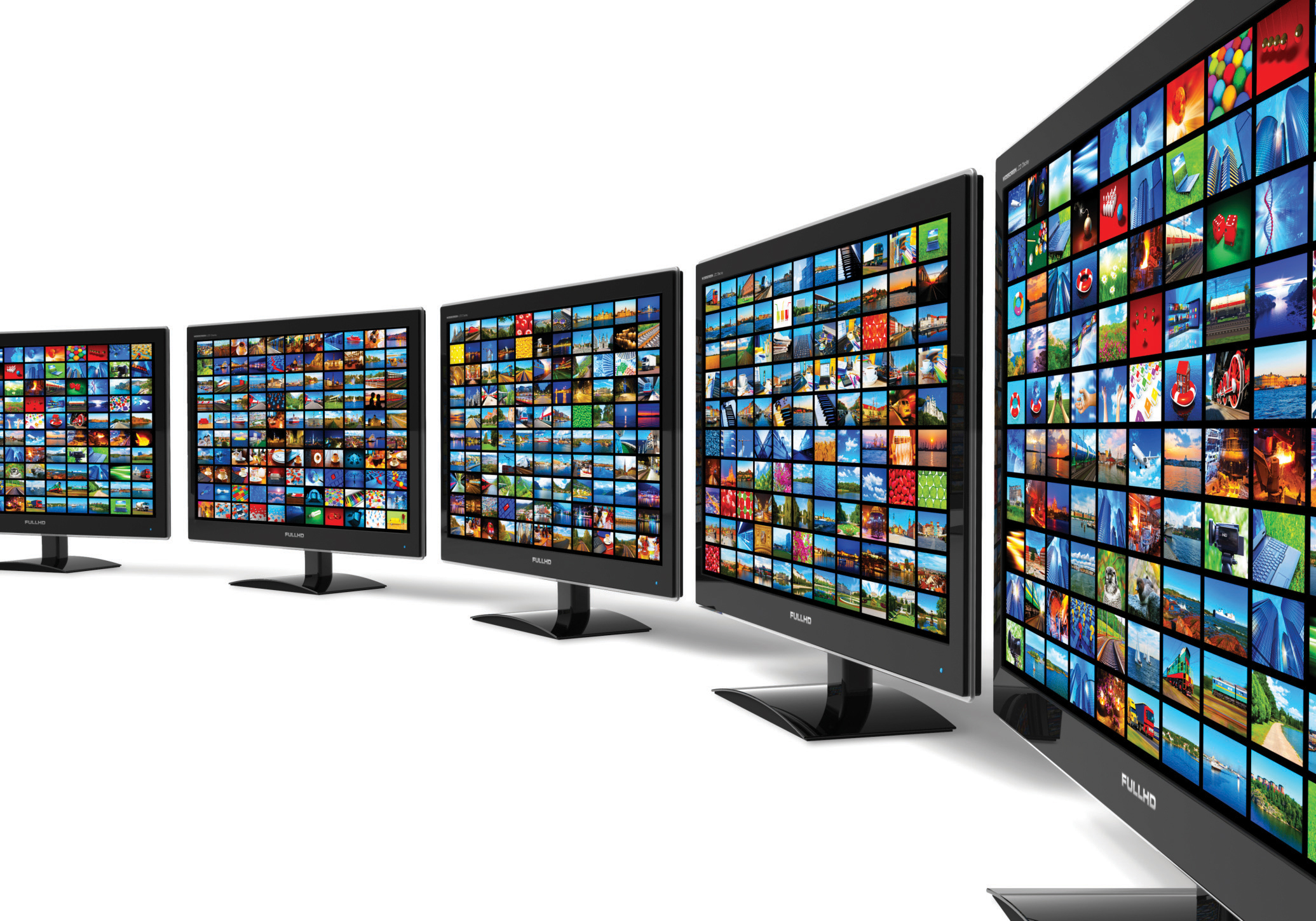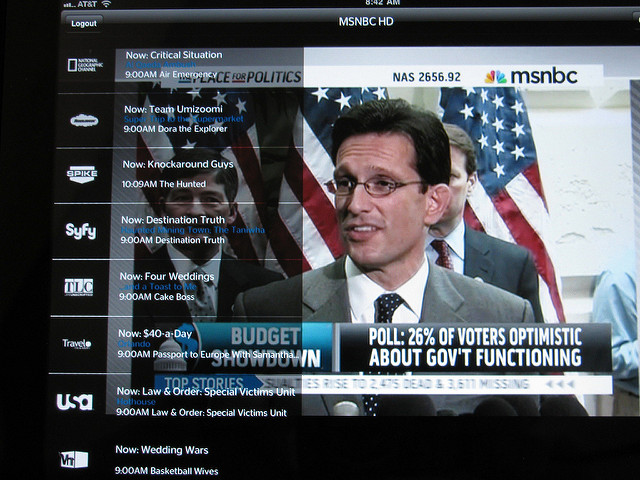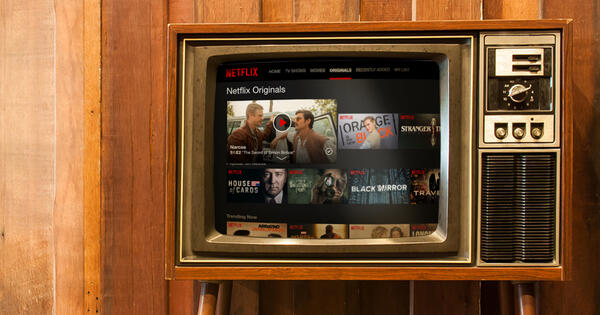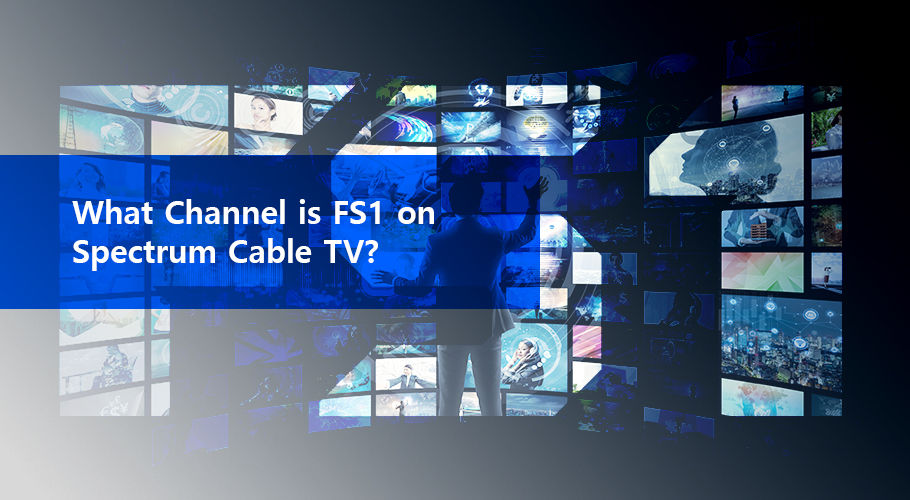Television stations switched to digital tv broadcasts which meant that terrestrial stations satellite providers and cable providers traded in their analog signals for digital.
Cable and satellite television began to compete with broadcast television in which media age.
By mid 2009 most analog broadcasts ended in the united states as we settled into the digital age.
Cable television is a system of delivering television programming to consumers via radio frequency rf signals transmitted through coaxial cables or in more recent systems light pulses through fibre optic cables this contrasts with broadcast television also known as terrestrial television in which the television signal is transmitted over the air by radio waves and received by a.
The second service to use the satellite was a local television station in atlanta that broadcast primarily sports and classic movies.
This new technology leveraged digital video compression for distribution rendering analog.
The station owned by r e.
Ted turner was distributed by satellite to cable systems nationwide and soon became known as the first superstation wtbs.
These channels include cbs abc nbc cw fox and pbs the basic channels.
Cable tv is a system that delivers television programming through coaxial cables to the individual receivers of paying subscribers.
The switch to digital tv.
Cable television initially developed in the 1940s to cater to viewers in rural areas switched its focus from local to national television offering an extensive number of channels.
4 the rise of cable television.
When television broadcasting got its start in the united states in the 1940s the broadcast networks sent the electromagnetic signals that carried tv programs exclusively over the airwaves.



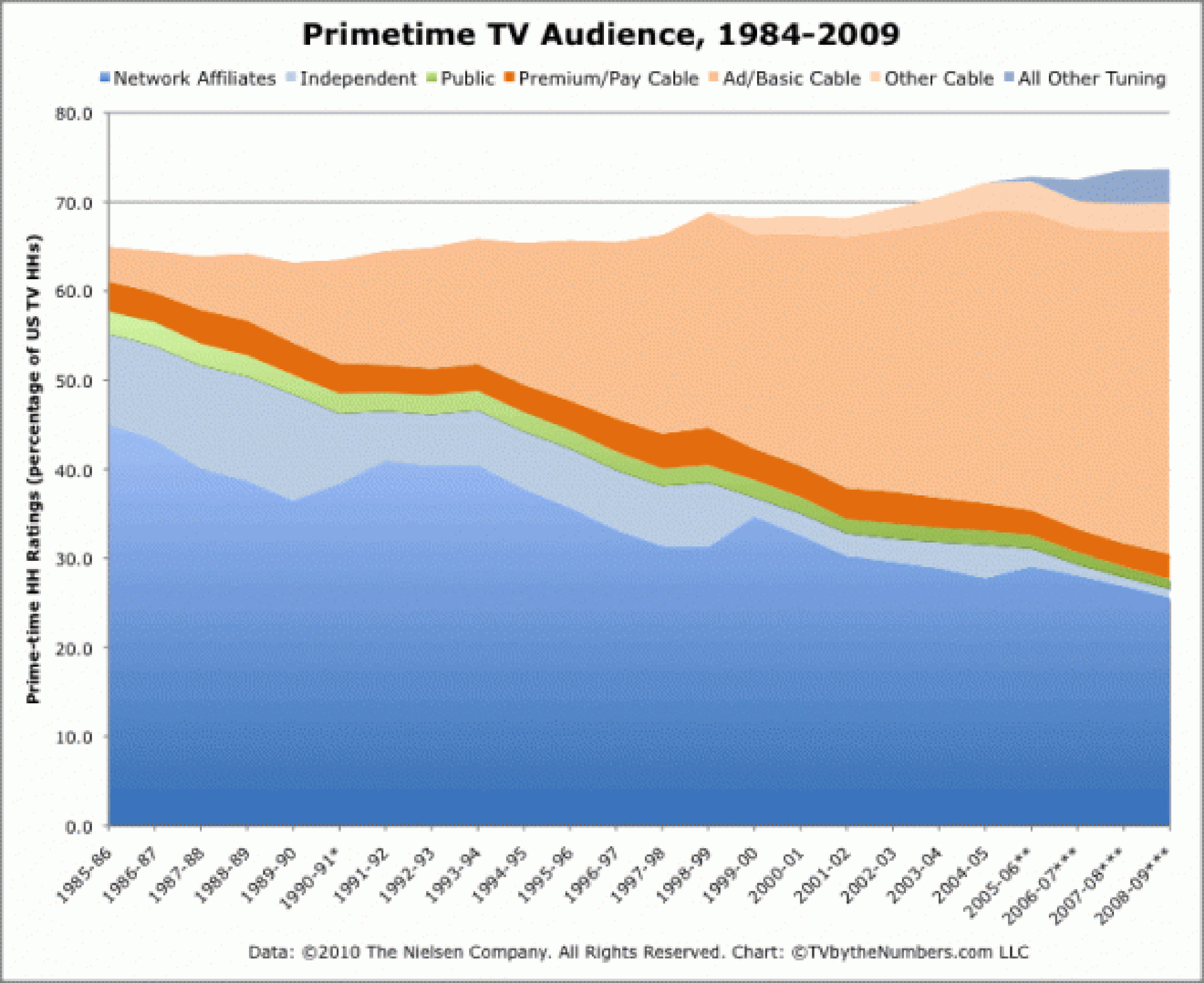




:max_bytes(150000):strip_icc()/GettyImages-633707449-d58deb6d797b4ce2a7b4c20baf286343.jpg)




